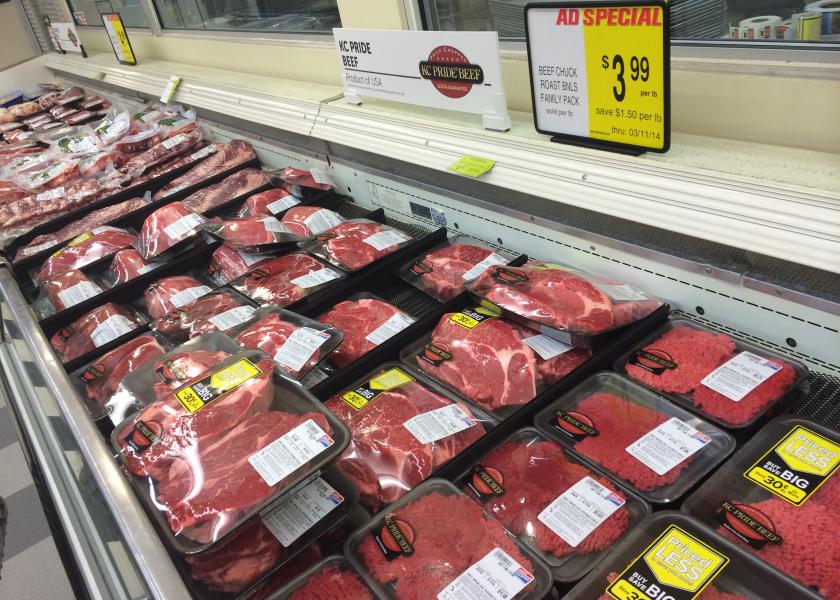Cattle Groups Differ On Labeling

The United States Cattlemen's Association (USCA) has filed a petition for rulemaking with the USDA Food Safety and Inspection Service (FSIS) to address "Product of the U.S.A." and "Made in the U.S.A." claims on U.S. beef.
In a statement, USCA said, “Since the repeal of country-of-origin labeling (COOL) in 2015, there are no clear definitions for what constitutes a U.S. beef product. Cattle or beef that is imported into our borders and undergoes further processing or handling at a USDA-inspected facility can be labeled as a ‘Product of the United States’, even if the handling of the product was minimal.”
The petition concludes, "To eliminate the likelihood of confusion and to better inform consumers, USCA contends that voluntary labels indicating 'Made in USA,' 'Product of USA' or similar content should be limited to beef from cattle born, raised, and harvested in the United States."
However, the National Cattlemen’s Beef Association encourages cattlemen be cautious about seeking further government intervention.
“NCBA understands that the practices alleged by USCA’s petition are a concern to cattle producers and we share a commitment to clear and truthful labeling,” NCBA Vice President of Government Affairs Ethan Lane said. “In August, in response to a proposal brought forward by grassroots members of the Oregon Cattlemen’s Association, NCBA formed a working group to examine the prevalence of the practices alleged in USCA’s petition. We are in the process of gathering information related to current industry labeling practices so we can fully understand the scope of the issue as we identify solutions that work for the industry.
“In general, NCBA members are opposed to requesting additional government regulation on our industry,” Lane continued. “Until we understand the scope of labeling practices currently being utilized, any rush to regulation is an irresponsible step that can create unnecessary and burdensome regulation. The creation of government policy or regulation is a complex process that requires a thorough understanding of the problem and the involvement of many stakeholders. As our industry is fully aware, any rush toward government regulation can create unintended consequences that take years to unwind.”







